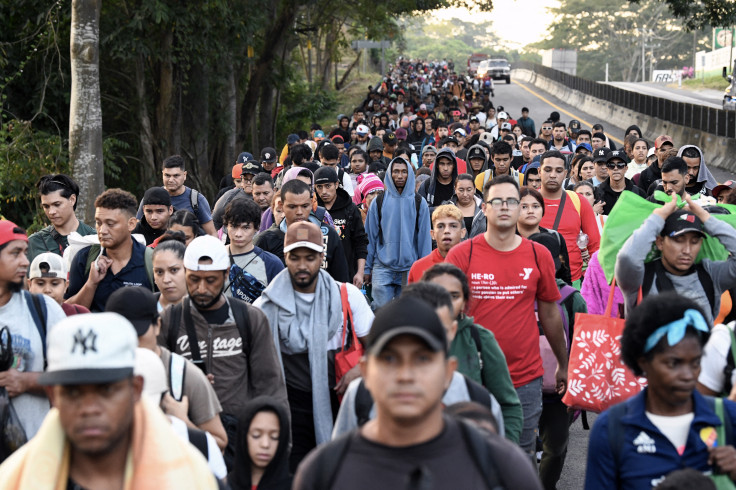
Roughly seven in ten migrants who failed to cross into the U.S. after President Donald Trump was sworn in on January 20 are now choosing to remain in Mexico rather than return to their countries of origin, according to the International Organization for Migration (IOM).
The shift marks a new chapter in regional migration, positioning Mexico not just as a transit country but increasingly as a long-term host.
Iliana Martell, director of the IOM office in Juarez told Border Report that many migrants, including families with young children, are now seeking stable employment and access to education within Mexico:
"We are seeing great interest from people in looking for a lawful stay, on integrating to Mexico. A great number of people are looking for an education for their children, on having a formal job in Mexico"
The IOM found that 72% of surveyed migrants in Mexico have no interest in returning home. Obstacles to integration include lack of legal documents and economic hardship. In response, IOM has been organizing consular fairs to help migrants from countries like El Salvador, Honduras, and Guatemala obtain the identification necessary for work permits and school enrollment.
The decision by migrants to remain in Mexico follows policy changes initiated by U.S. President Donald Trump shortly after taking office. He immediately declared a crisis at the southern border, calling it an "invasion," and implemented measures to prevent undocumented migrants from entering or applying for asylum. As reported by The New York Times on May 22, these measures resulted in thousands of migrants becoming stranded across Mexican cities like Juarez, Matamoros, Reynosa, and Tapachula, often without legal status or financial stability.
In shelters along the northern border, migrants report being unable to travel within Mexico due to documentation requirements and checkpoint restrictions. "They can't get on a bus... they won't sell them tickets unless they have a specific date and a permit," said Francisco Gallardo, coordinator of the Migrantre Nuestra Señora de Guadalupe shelter in Matamoros.
Despite precarious conditions, many remain unwilling to return home due to ongoing violence, poverty, and instability in their countries. Others, like Honduran migrants Carolina Banegas and Kelvin Murillo, are now exploring legal residency in Mexico as a "plan B." "We haven't lost hope," Murillo said, "but we're already in the process of legalizing our status here."
© 2025 Latin Times. All rights reserved. Do not reproduce without permission.






